This month, teams from the Family Stabilization Initiative (FSI) and the Rural Aging Action Network (RAAN) came together in Billings, Montana, to strengthen how we support whole families and whole communities. Leaders from across sectors aligned around one result: giving children the opportunity to grow up in safe, stable, permanent families, and ensuring older adults and caregivers have what they need to thrive. With representation from 10 communities across six states, the gathering was designed for practical learning and concrete action.
We are in the work of transformation, not transaction. Our focus is on creating lasting change, not just checking boxes or exchanging resources. Collaboration begins with relationships and grows through belonging and shared accountability.
When organizations coordinate around shared outcomes, communities feel the difference: children become safer and more connected; parents and caregivers gain stability and hope; older adults access coordinated, dignified support; and community trust in local organizations grows. That understanding is why we brought partners together in Billings — to strengthen relationships, align around shared results, and lay the groundwork for actions that can move us toward those outcomes.
What We Did Together
On Day 1 we used data, community voice, and a shared results framework to move from coordination to collaboration.
To surface the stories behind the numbers, we began with a Data Walk. The goal was simple: see patterns, spot gaps, and lift up bright spots we could build on. We asked, “What had changed — and what could change — for families, older adults, and caregivers? What root causes were we seeing across age ranges?”
From there, paired FSI and RAAN teams compared their Results-in-the-Center charts to find overlap and leverage, moving from intention to action. Using plain-language concepts adapted from the Collaboration Multiplier, teams surfaced shared root causes and practical opportunities to act together. Throughout, we listened for how lived experience and community voice were engaged in design and decision making.
We closed with Team Time and action commitments. Each team documented a near-term roadmap detailing goals for the next 6 to 12 months, owners and partners, timelines, and the feedback loops they would use for course correction.
Day 2 offered an opportunity for FSI and RAAN to focus on their respective models and priorities. The RAAN collaborative spent the day diving deep into their data — exploring what the numbers reveal about their communities, identifying trends, successes, and areas for growth to strengthen their work in serving rural older adults and family caregivers. Each RAAN also took part in a storytelling session, sharing personal stories that highlighted the impact of their efforts to support older adults and mobilize their communities. The day concluded with meaningful discussions on managing compassion fatigue and a leadership development session that underscored the unique gifts each leader brings and the power of collaboration in advancing this important work.
In parallel, FSI focused on systems change and the practice shifts needed to improve family outcomes. We highlighted the Community Building and Mobilization Framework we developed with Chapin Hall, a shared language for how communities lead and how organizations resource what already works. In Montana, partners brought the framework to life by sharing their story and organizing a Fall Family Festival that met families in trusted spaces, elevated lived experience, and activated cross-sector support on the ground. Teams also examined their current efforts, traced their “story of change,” and identified the next tests of change to carry forward.
The Leadership Stance We Modeled
We knew that support that lasts requires more than a new initiative; it requires adaptive work. We let go of “how we have always done it,” challenged assumptions, tried new approaches, and learned in the open. We built shared accountability across organizations and sectors and centered lived expertise and community voice as non-negotiables. We did not script perfection at the front of the room; we modeled authentic learning so teams could mirror that same openness at their tables.
A Note of Thanks
We could not have created this container for change without our partners, who helped us dig deeper. Their support stretched our learning and leadership and demonstrated what is possible when local vision is resourced and respected. We are grateful for partners investing in the long game — community trust, equitable outcomes, and stronger families. And last but certainly not least, a special thank you to our host organization, St. John’s United, for their generous hospitality, beautiful meeting spaces, and thoughtful support throughout our time together. Their team’s care and attention to detail helped create an environment that encouraged collaboration, reflection, and connection.
Together, we showed that when organizations lean into community partnerships and elevate family voices, families thrive and systems shift.
Renada Johnson is Senior Director of Children, Youth & Family Initiatives at Lutheran Services in America. Regan McManus is Director of Aging Initiatives at Lutheran Services in America.


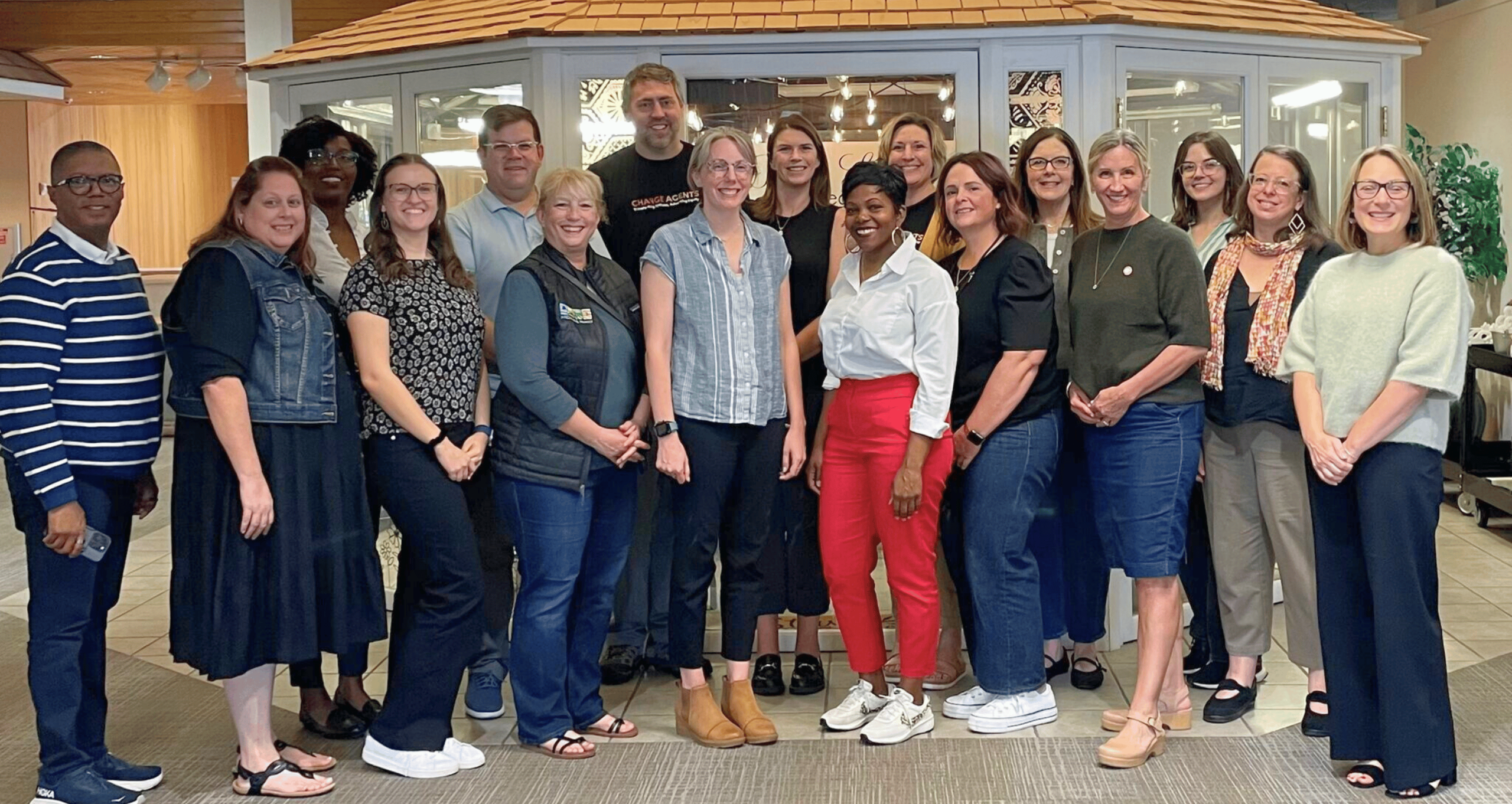
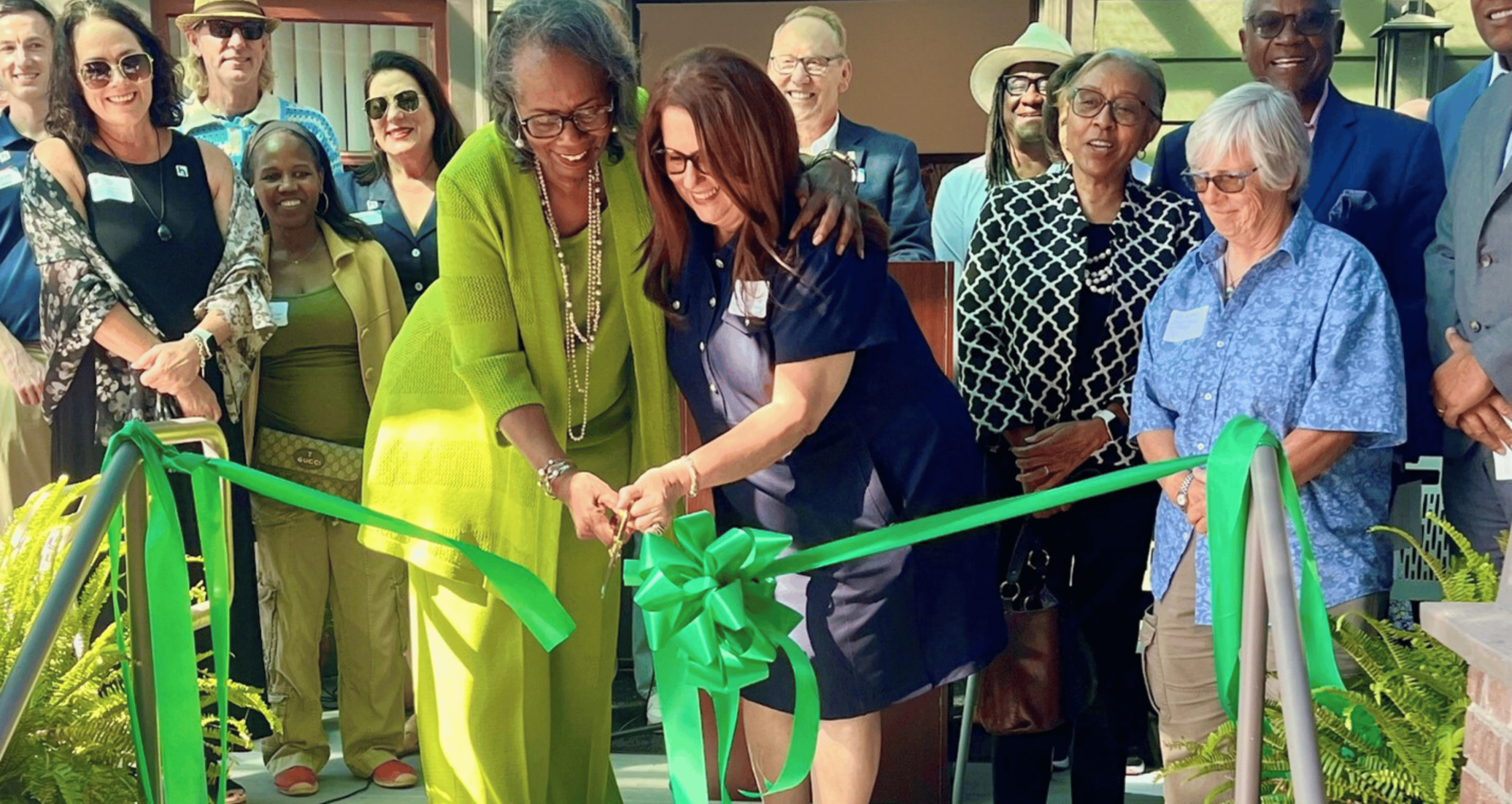
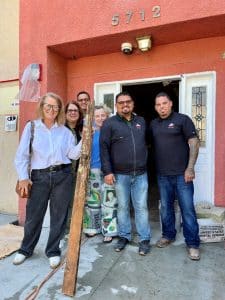 California Lutheran Homes fulfills its mission daily by providing assistance for those in need of housing and services through partnerships with congregations and community-based organizations, ensuring that all people have the dignity of a safe and stable place to live. Their recent work demonstrates how affordable housing development creates more than a building, embracing people, values, and partnerships that strengthen entire communities.
California Lutheran Homes fulfills its mission daily by providing assistance for those in need of housing and services through partnerships with congregations and community-based organizations, ensuring that all people have the dignity of a safe and stable place to live. Their recent work demonstrates how affordable housing development creates more than a building, embracing people, values, and partnerships that strengthen entire communities.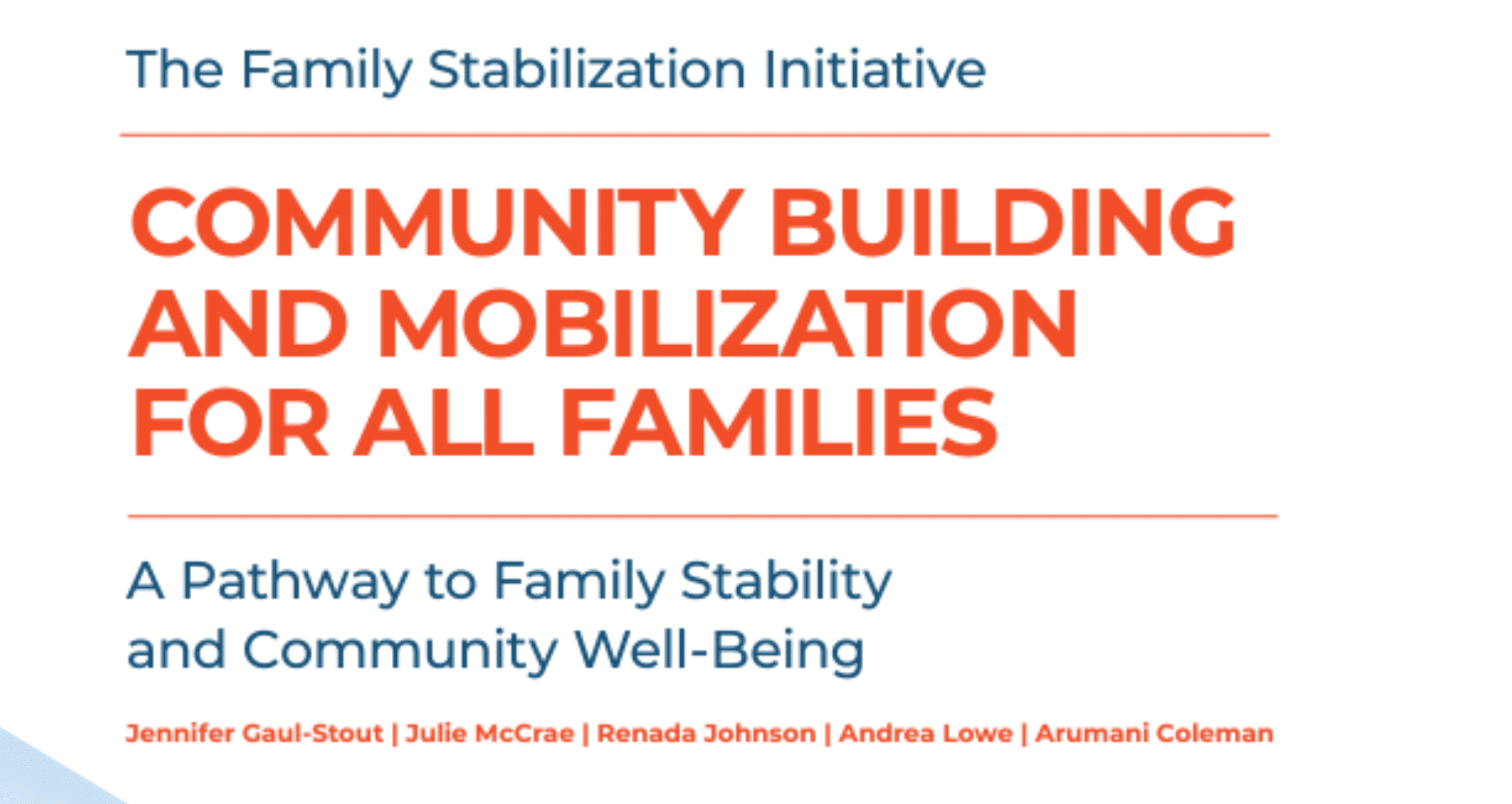


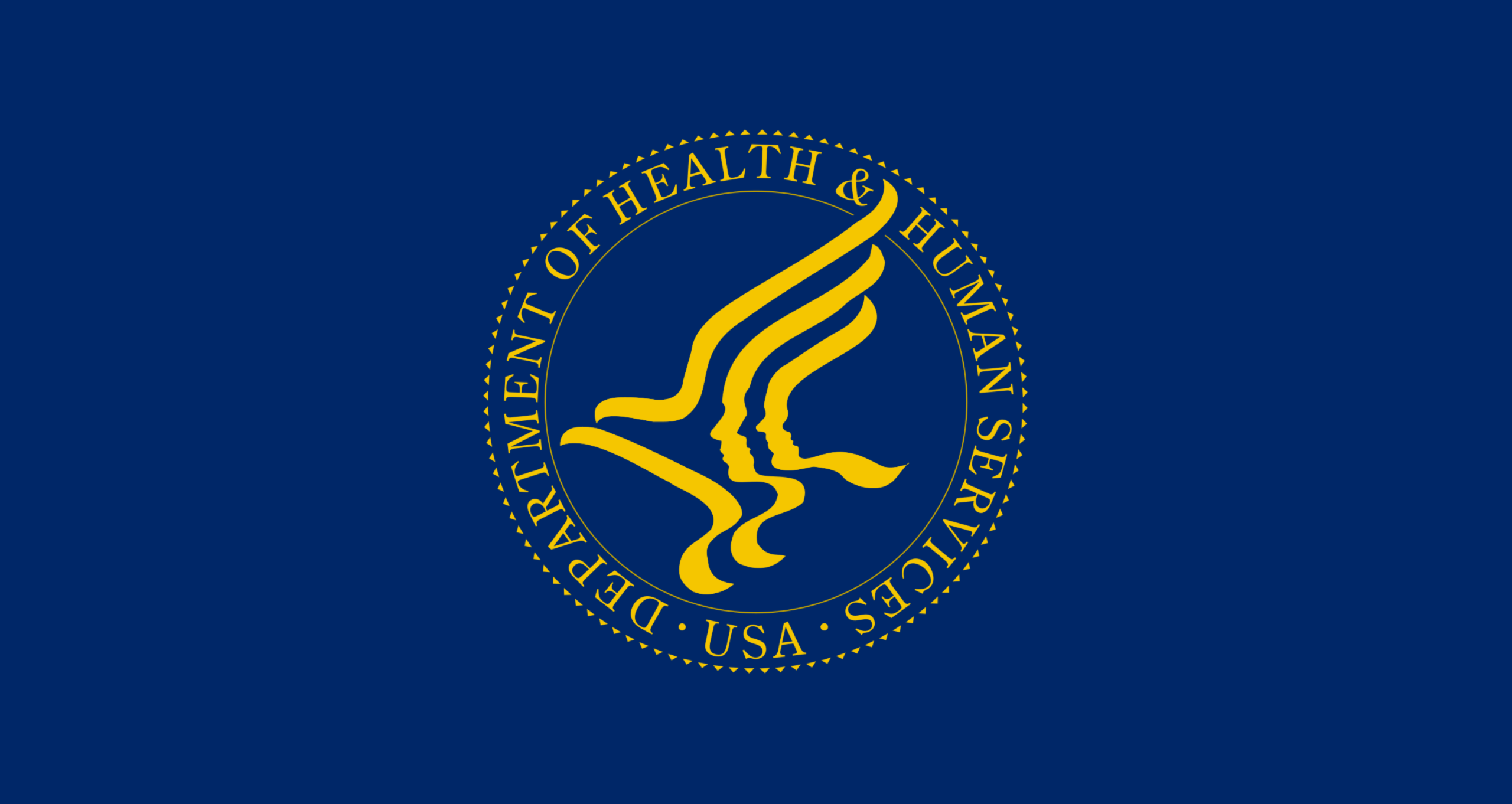
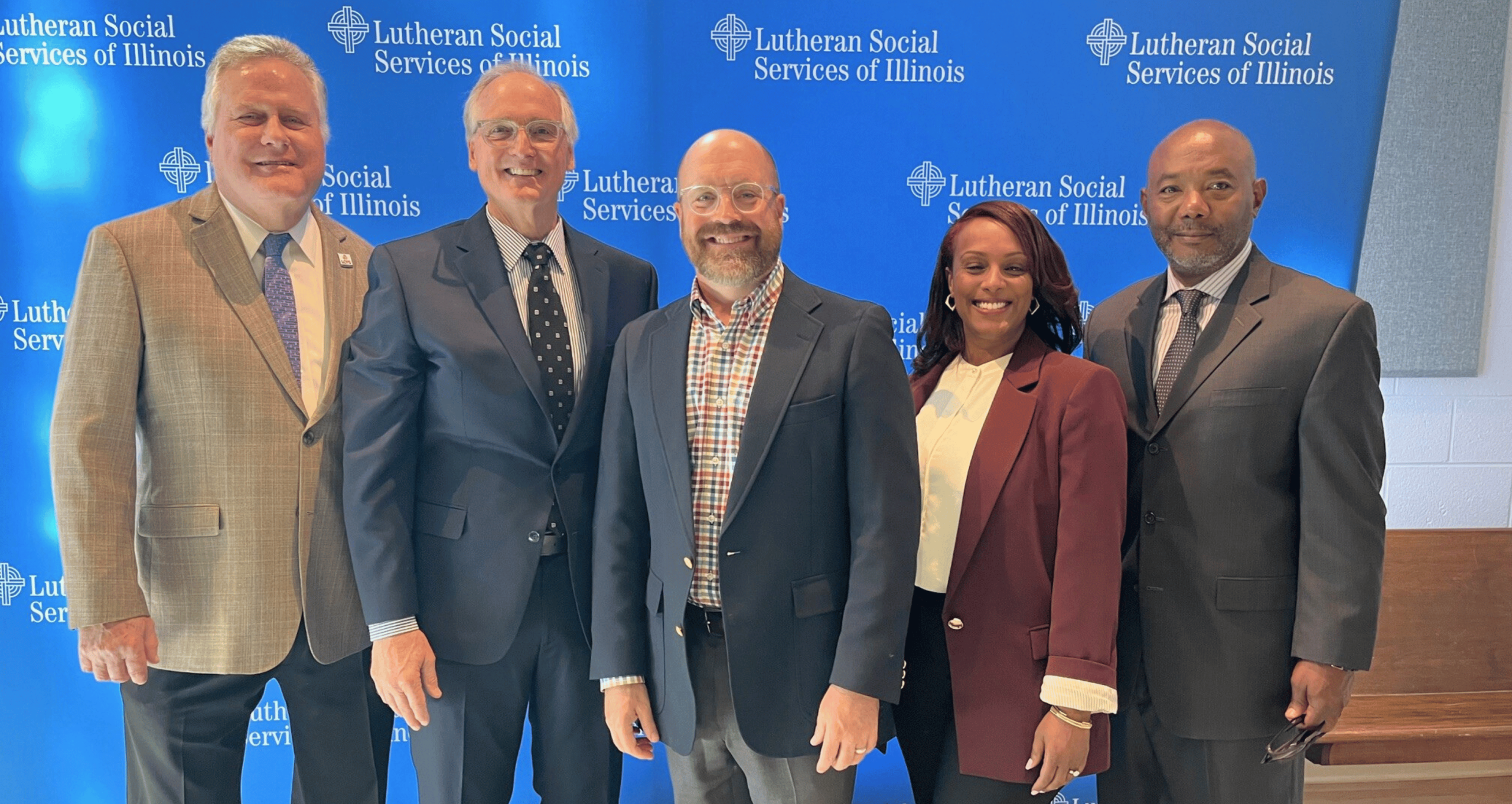
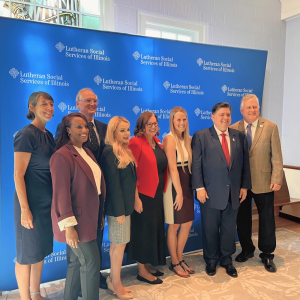 The event was hosted by Lutheran Social Services of Illinois (LSSI), which honored Governor J. B. Pritzker with the Paul Simon Courage in Public Service Award and state representative Lindsey LaPointe with the LSSI Legislator of the Year Award for their dedication to public service.
The event was hosted by Lutheran Social Services of Illinois (LSSI), which honored Governor J. B. Pritzker with the Paul Simon Courage in Public Service Award and state representative Lindsey LaPointe with the LSSI Legislator of the Year Award for their dedication to public service.
 Rural Voices 2025 kicked off at the end of July in rural South Dakota and Minnesota — two states where older adults are underrepresented in policy and disproportionately impacted by provider shortages, limited infrastructure, and fragmented healthcare systems. In partnership with Public Policy Lab, Lutheran Social Service of Minnesota, and Lutheran Social Services of South Dakota, human-centered interviews were conducted with older adults who are dual-eligible (receiving Medicare and Medicaid) to learn what rural older adults need to age in place, the barriers they face in navigating healthcare systems, and how faith-based nonprofit services contribute to their wellbeing.
Rural Voices 2025 kicked off at the end of July in rural South Dakota and Minnesota — two states where older adults are underrepresented in policy and disproportionately impacted by provider shortages, limited infrastructure, and fragmented healthcare systems. In partnership with Public Policy Lab, Lutheran Social Service of Minnesota, and Lutheran Social Services of South Dakota, human-centered interviews were conducted with older adults who are dual-eligible (receiving Medicare and Medicaid) to learn what rural older adults need to age in place, the barriers they face in navigating healthcare systems, and how faith-based nonprofit services contribute to their wellbeing.